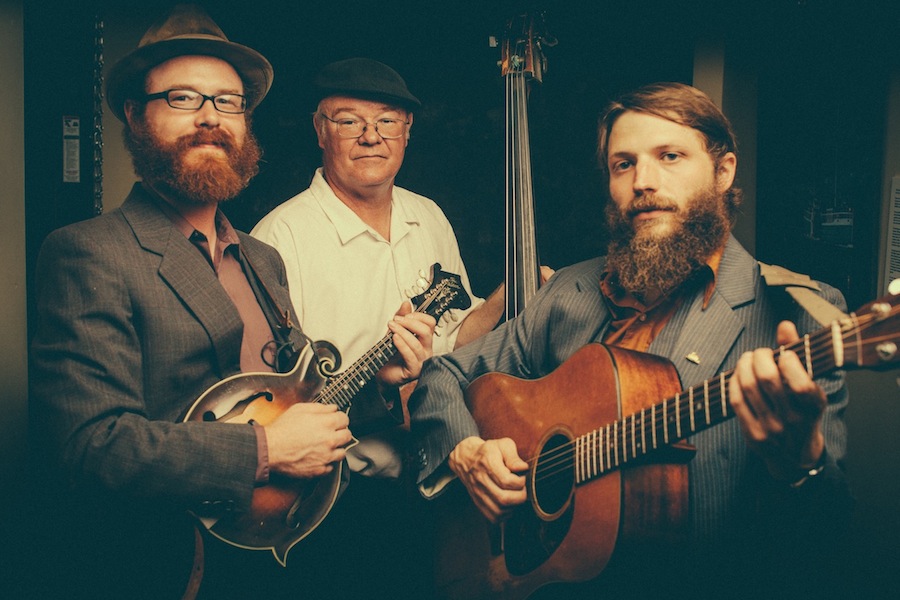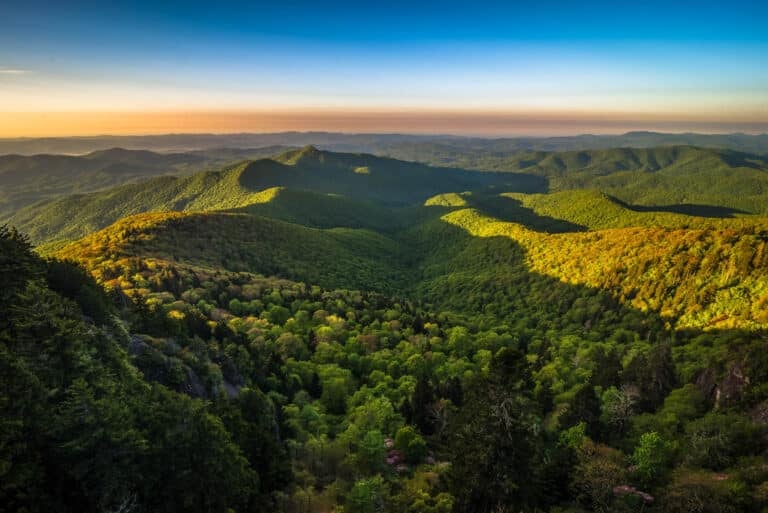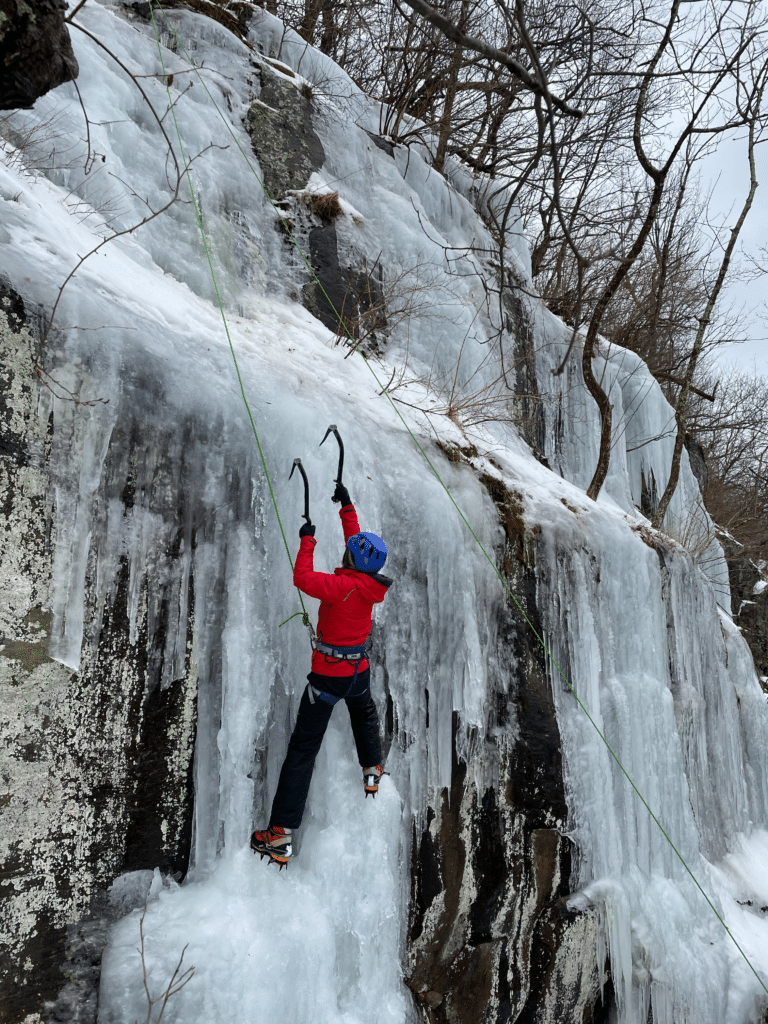For half a century or so, roustabouts traveled the Mississippi River on steamboats, loading and moving cargo from port to port. These laborers, who hailed from the many states along the river, created a soundtrack for steamboat life. This collection of songs, but for the efforts of a group of interested musicologists, was all but lost until just recently.
Nathan Blake Lynn, who I first met as a member of Bawn in the Mash and later profiled here in this magazine when he set out on a solo career, grew up in the river bottoms and has long been interested in Mississippi River life. Recently, he put together a new musical project with a couple friends from Bawn called The Wheelhouse Rousters and, after discovering these tunes, set about recording the songs the steamboat roustabouts sang as they plied their trade up and down the river.
I recently caught up with Nathan to chat about river life, Mark Twain, and musicology.
BRO – Why a record of steamboat songs?
NBL – Steamboats are the floating castles of my dreams, and we sing songs of the long forgotten boats. These songs are some of the last unpopularized American folk songs that I am aware of, and they are closely related to Paducah, Kentucky, and the Ohio River Valley, two places I have a major interest in. Mary Wheeler, a Paducah native and musicologist, collected these songs from former roustabouts who were still living in Western Kentucky during the 1930s. I took interest in the songs after working in the archives in the McCracken County Public Library, where Wheeler’s collection is stored, and because I spent time growing up on the rivers with my father. The Wheelhouse Rousters really believed the songs needed to be heard, so Josh, Eddie, and I took them and arranged them as our own.
BRO – Huck Finn or Tom Sawyer?
NBL – Huck Finn? Mainly because it was the first book that I read as a child that I had to read multiple times. But my early life represents Tom more. It’s amazing how both characters still appeal to readers in the modern era. They both captivated me as a child growing up in the river bottoms. I’m also fond of Paducah author Irvin S. Cobb’s character Judge Priest. He appears in many of Cobb’s stories and reminds me of an older Huck Finn or Tom Sawyer.
BRO – We are featuring “Po Shine” on this month’s Trail Mix. What can you tell us about the history of the song?
NBL – “Po Shine” is about a former roustabout who was often overworked and underpaid. Josh does a great job singing that song and it’s one of my favorites. It’s an age old story, with the character saying, “You can’t do me like you done Po Shine,” or “Hey, Boss! I ain’t workin’ for free!”
BRO – You are a member of the Kentucky Oral History Commission. Tell us about your work with the group.
NBL – This is my third year with the commission, which began in 1976 and has awarded over $1,000,000 in oral history grants to individuals, colleges, universities, and community organizations, resulting in the collection of more than 35,000 interviews now located in repositories throughout Kentucky. I’m honored to sit on the board and to be a part of this group that cares so much about the preservation of Kentucky’s heritage. It is something I am very passionate about.
BRO – When the rivers call to you, what do they say?
NBL – The rivers are the veins running through the heart of our great nation. They are also the nexus for American music. At the confluences of the great rivers, delta blues and jazz flow into Appalachian old time and bluegrass. So the rivers are romantic and dangerous, unknown and recognizable, adventurous and homely. They are always moving and they are always singing. See you down stream.
The Wheelhouse Rousters will be performing at the Centennial Festival of Riverboats in Louisville, Kentucky, on October 16th and 17th and at the Princeton Art Guild Concert Series in Princeton, Kentucky, on October 25th.
For more information on the band, tour dates, and the new record, surf over to www.wheelhouserousters.com.








